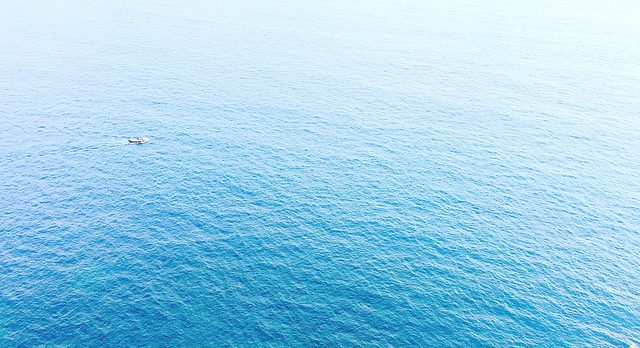The Maltese government is no longer allowing rescuing NGO vessels to enter, leave and use its port services, based on the allegation that new information received by the authorities brought the need to ascertain if the operations conducted by rescuing ships are in accordance with national and international rules. The ban directly impacts rescue operations by NGOs with the Lifeline, the Seefuchs and Sea Watch ships all currently docked in Malta and unable to continue with their search and rescue operations.
The captain of the German rescuing ship Lifeline has been charged in Malta with using the ship in Maltese waters without proper registration or license. He was in command of the ship on 21 June, when more than 230 people were saved, and was finally able to dock in Malta on 27 June after being initially refused entry. Upon arrival, the captain was arrested. Similarly, last week the Aquarius ship was denied entry into Malta for re-supply and a change of crew.
On Wednesday, the civil reconnaissance aircraft Moonbird was blocked from operations and Sea Watch reports that no search flights in the search area north of the Libyan coast are possible anymore. Moonbird was involved in the rescue of 20,000 people since operations started. The decision has been interpreted as a way to avoid independent documentation of operations and human rights violations in the Mediterranean.
The Maltese crackdown on organisations performing search and rescue operations in the Mediterranean was received with great concern by NGOs, observing that the consequences of these measures are potentially fatal as the vessels are not currently able to save lives at sea. In 2018 alone, more than 1,400 people lost their lives in the Mediterranean and IOM has identified an “alarming increase” in the number of deaths. UNHCR has expressed concern that despite the drop in arrivals, people are still dying and at a proportionally higher rate, which “illustrates the urgent need to strengthen search and rescue capacities in the region”.
As a follow-up to an Informal Working Meeting, the European Commission has presented an assessment note on the legal and practical feasibility of three different scenarios on disembarkation of people rescued at the Mediterranean. UNHCR and IOM have provided conditions for any “disembarkation platform”, while options are still on discussion. The Council of Europe’s Commissioner for Human Rights has raised several concerns in relation to the recent conclusions of the European Council and has called European states to put human rights at the centre of their migration policies.
For further information:
- Joint NGO Statement on The Government’s Decision to Close Malta’s Ports to NGO Rescue Ships, July 2018
- New York Times, Malta Cracks Down on a Humanitarian Ship That Carried Migrants, July 2018
- Malta Today, Closing Malta’s ports ‘potentially fatal’, ‘undermines human life protection’, NGOs say, July 2018
- The Malta Independent, Watch: Lifeline captain’s defence attorneys suspect case could be a witch-hunt, July 2018
Photo: (CC) Fabien LE JEUNE, June 2015
This article appeared in the ECRE Weekly Bulletin . You can subscribe to the Weekly Bulletin here.

